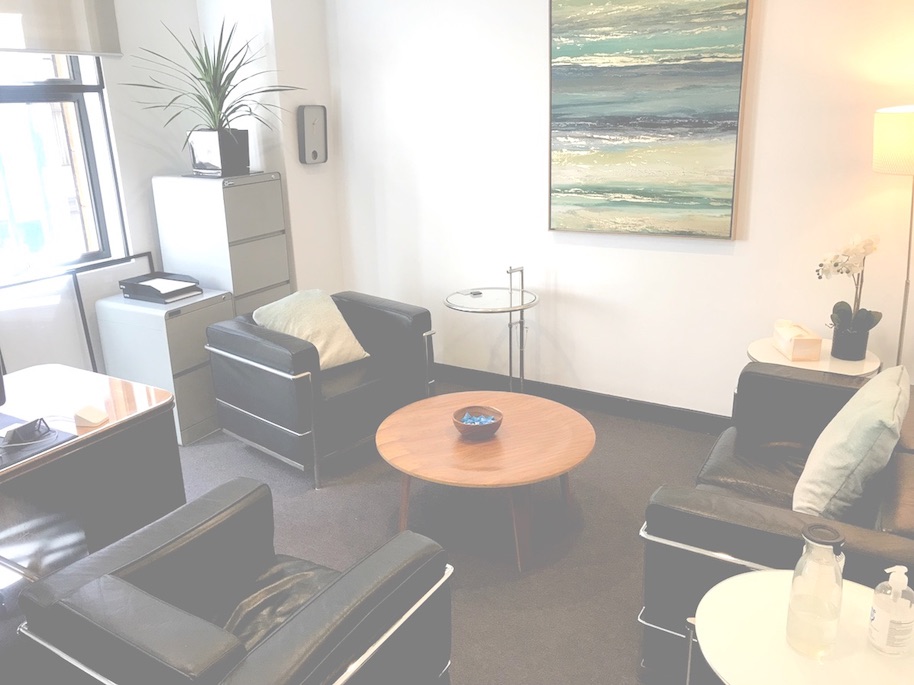As a practice we place a high value on remaining abreast of developments in the field of psychology and on providing therapy that is informed by the best available theory and research. We also place a high value on conducting therapy in a way that is flexible and relevant to the unique needs of individuals. This means that we work to understand you and your particular situation, background, problems, strengths and potentials, and to cultivate an approach to therapy that resonates with you and your needs. Our therapists draw on a range of accepted therapies, and on a detailed understanding of individual functioning, to create a good fit between you and your therapy.

What does therapy involve?
Ultimately we endeavour to provide you with an experience that is therapeutic, and that empowers you to live your life more as you would like. This can involve a number of different elements that are in a different state of balance at different times. One important element of therapy involves helping you to understand the causes of your problems and to learn tools and strategies to change. This can include equipping you with psychological knowledge relevant to you, and helping you to apply that knowledge effectively in your life. Another important element is forming a collaborative, warm and respectful relationship with a therapist. This can provide a space away from the everyday pressures of your life in which to explore and understand yourself, and to gain new perspectives and vantage points on your life. It can also provide you with an important source of support and understanding. At times therapy involves a process of healing or recovery. It can also involve a process of personal evolution and growth.
As your psychologist gets to know you in the early sessions of your therapy, the form of your therapy will take shape. Together you and your psychologist will keep track of the helpfulness of your therapy as it progresses, and will fine-tune it’s direction along the way.
How long does it take?
The length of time that you devote to therapy depends on you and your needs. If you would like to address a single discrete problem with relatively straightforward causes, then shorter-term therapy, such as 6 – 12 sessions, is likely to be a reasonable length of time for you. If you would like to change lifelong or entrenched patterns, with more complex causes, it may be helpful to attend therapy for a longer period of time. Equally, many people attend therapy not to address problems necessarily, but to facilitate their growth or wellbeing or effectiveness, and /or to reflect on their life and steer it in valued directions. In this case the time that you spend in therapy depends on you and your goals. As you and your therapist discuss your objectives for therapy, your therapist will be happy to talk with you about a flexible time frame that you are comfortable with.
Phone: Sydney (02) 9331 0756 or 0412 593 773
e-mail: enquiries@confides.com.au
Address: Suite 517, 185 Elizabeth St Sydney